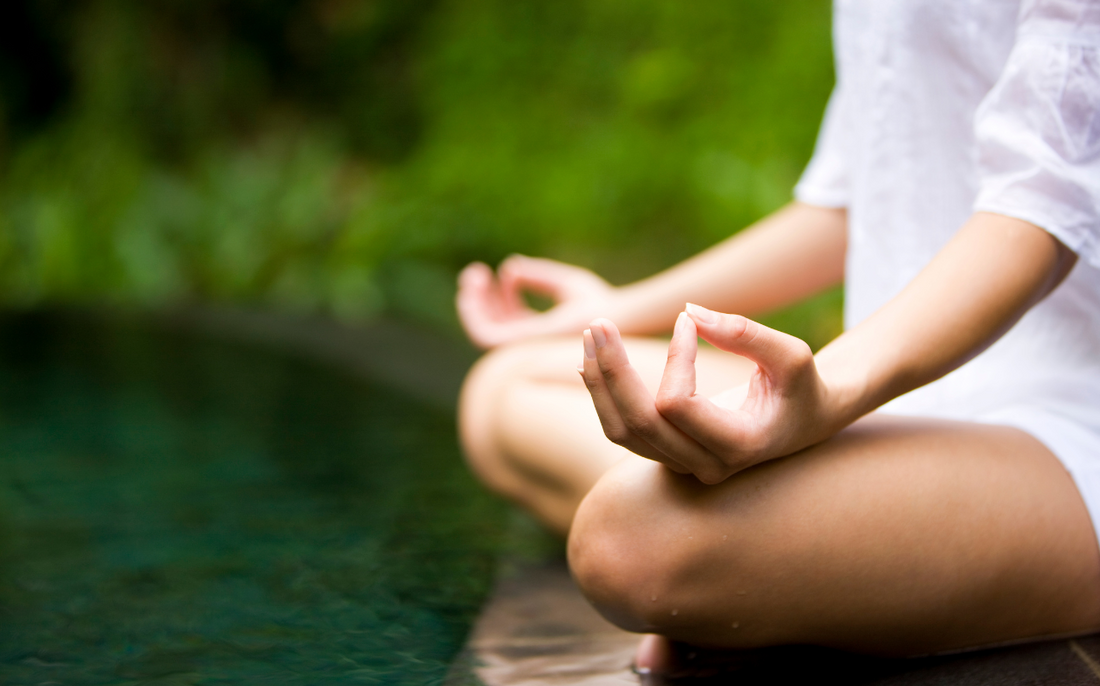An ancient practice, spanning centuries of civilization, meditation has helped the human species to quiet our minds, build resilience and cultivate inner peace. In the hectic, fast-moving culture we find ourselves in in modern times, there has never been a better time to begin your journey into self-discovery, through introspection.
Meditation is the practice allowing the stress and worry to flow freely from your body, as you focus on breathing and mindfulness. It has become increasingly popular in today’s world, following the unparalleled stress we are accustomed to in our daily lives. But just 10 minutes of practice a day can greatly improve your sense of inner peace and wellbeing, allowing you to navigate life’s challenges with more clarity and less confusion.
In this guide, we will take you through the diverse landscape of meditation practices, to help you choose the perfect practice to enhance your mental and emotional wellbeing. If you are excited to transform your daily life, please continue…
Understanding meditation
Early meditation, adopted by Buddhist monks thousands of years ago, is steeped in tradition. Often meditating for many hours at a time, the monks sought to deepen their understanding of the world around them, and the world within. Many modern psychological treatments and therapies are rooted in the teachings of meditation – particularly surrounding anxiety, as it helps one to relax and calm the mind.
The practice of meditation helps you to focus completely on one thing, whether it be your breath, the soles of your feet, or an imaginary beam of light working its way from the top of your head downward. These are just some examples of meditative practices that exist.
Benefits of meditation
Meditation gives your mind space to quiet, and your body a space to relax. Even stealing 5 precious minutes for this practice can drastically improve your mood and mental clarity, in the midst of mental overload. How and when you use this practice is up to you, as it is the consistency of practice that truly makes the difference, rather than the specifics.
The benefits of meditation continue long after your session has concluded, it can leave a lasting impression that takes you through your day calmly and peacefully. It can even help to manage medical conditions, although research is inconclusive.
Finding your practise
How and when you use meditation is entirely up to you, you could take 10 minutes on the bus, or practise in the comfort of your own home. Mediation can also help give clarity to specific areas of your life that you may need demystifying, let’s explore this:
- Assessing your personal goals: Meditation can be used to help you explore your desires, dreams and goals, help you make plans on how to achieve these goals, or maybe put you back on track if you’re straying from the life you really want
- Mental clarity: During busy, mentally-exhaustive days it can be almost impossible to find peace in your own mind, taking a moment to slow down, take some deep breaths and really focus on how they feel can give your mind the space it needs to offload the extra thoughts and worries that can weigh heavy on it
- Spiritual guidance: For many, meditation is a way of getting close to God, whichever one you believe in, and that in itself can bring peace. But meditation has many physiological benefits that are not specifically tied to religious belief
Give it a try
Why not take 5 minutes now to practise your meditation technique? What better way to understand this blog than to put it to practise?
The purpose of this session is to bring attention to our breath, noticing if the mind wanders to somewhere else, and then gently returning it to the breath. There is no “perfect” way to meditate, so do not be alarmed if you struggle at first.
- Get comfortable: find a place you can sit, or lie, for a few minutes comfortably. Take 3 breaths in and close your eyes.
- Breathing: allow your breathing to return to normal, focus on how the air feels as it fills your lungs, before being expelled again. Where do you feel this most? In your belly? Your chest perhaps? You can place your hand on your tummy if this helps.
- Notice: every time your mind starts to wander off, gently bring it back to your breath again, it may happen once, or a thousand times, but the key to the practice is noticing, and bringing your focus back.
- After following your breathing for a few minutes, open your eyes.
How did this feel? What initial reaction did you have to just closing your eyes and being mindful? You often become aware of just how busy your mind is, how many conversations you have running in the background, like tabs on your computer. Hopefully you managed to close some of them and feel a little lighter, but if not, there is always tomorrow!
Consistency really is the most crucial element to mastering meditation, so even if you didn’t really feel the benefits, but would LIKE to feel them in the future, we urge you to take a small break in your day to practise.
We would love to hear about your meditation experiences on social media, you can find us @etanics on Instagram and Facebook, but if you’d rather keep it to yourself, then we wish you the very best in your meditation and wellbeing journey.

